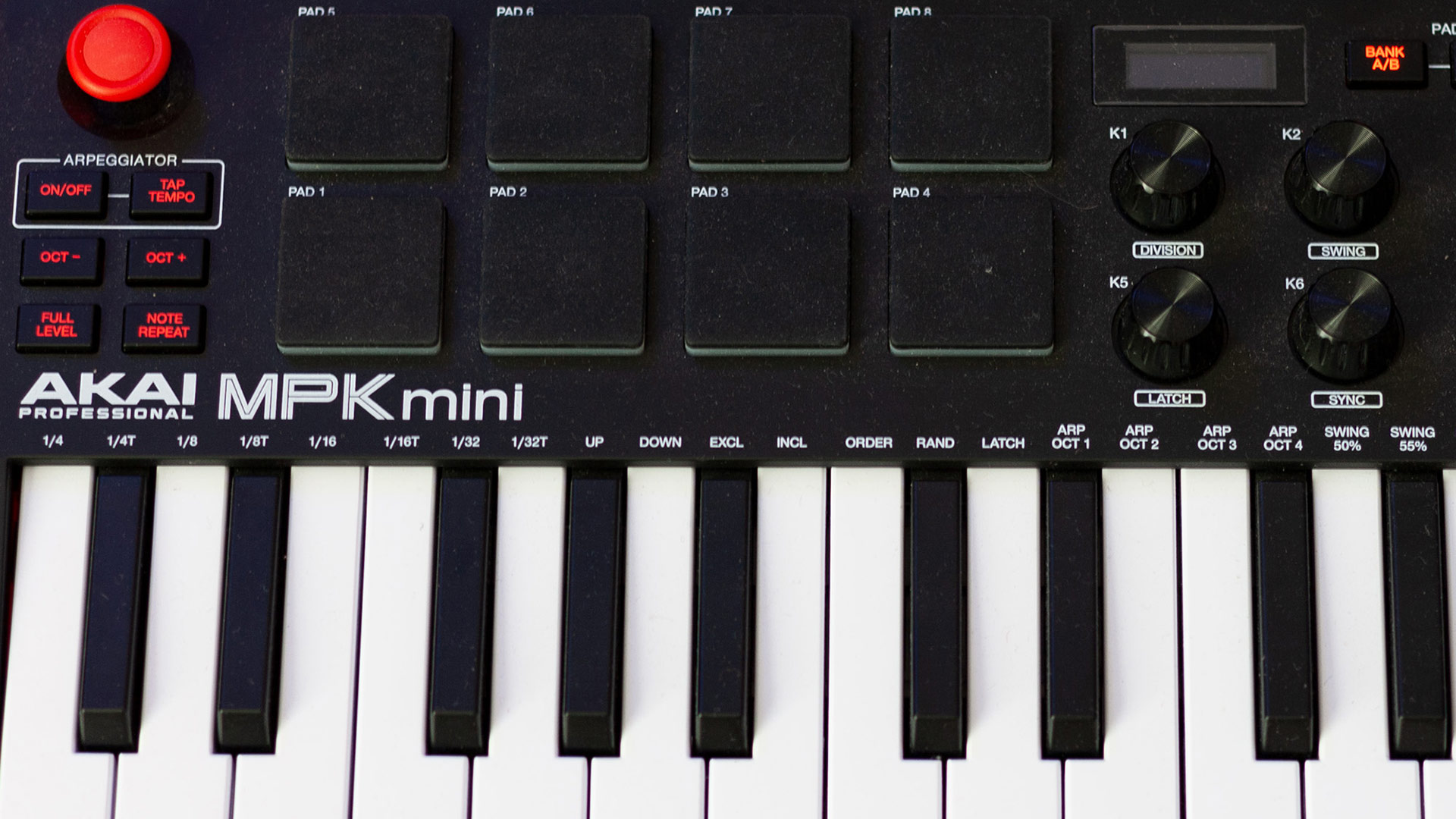Empower Your Music with AKAI MPK Mini MK3
Your Compact Swiss Army Knife for Music Production
Unleashing Creativity with the AKAI MPK Mini MK3
Introduction
It’s not every day you come across a tool that revolutionizes your music production process. The AKAI Professional MPK Mini MK3 has done just that for my studio, becoming an invaluable asset especially for programming drums and crafting unique sounds using Vital.
Key Features
The MPK Mini MK3, affectionately referred to as the compact Swiss army knife for music production, is a 25-key mini MIDI controller that shines in creating basslines, programming drums, and constructing chords. Despite the keys being velocity-sensitive, their small size might pose a challenge for those with larger hands. However, let's not forget, the MPK Mini MK3 isn't trying to replace your grand piano; it's here to supercharge your music production efforts.
One of the standout features is the 4-way joystick for pitch and modulation control, which, when combined with the touch-sensitive pads, note repeat, and full level function, makes for a seamless creative experience. Additionally, the eight assignable knobs, which can be mapped to control filters and envelopes using MIDI learn, offer remarkable flexibility.
Portability and Usability
Size matters, especially when you're on the move. The MPK Mini MK3's compact design makes it a breeze to pack alongside your laptop in a backpack. It’s the perfect companion for quick drum programming, bassline creation, and chord playing on the go.
Software and Applications
Upon registration of your AKAI Professional MPK Mini MK3 at Akaipro.com, you unlock a treasure trove of software applications compatible with the keyboard. From instruments like Hybrid 3, Mini Grand, and Velvet, to handy apps like MPC Beats and MPK mini Editor, the array of included software is a major value addition.
Conclusion
If you're seeking a compact, efficient tool for music production, the AKAI MPK Mini MK3 is a superb choice. Its pads, knobs, and buttons offer a satisfying tactile experience, while the OLED display provides essential information at a glance. The build quality is impressive, particularly considering its price point.
Nonetheless, the MPK Mini MK3 might not be for everyone. If you're searching for a more extensive range for playing piano or are learning the instrument, you might want to look at larger keyboards such as the M-AUDIO Keystation 88 MK3.
In summary, the AKAI Professional MPK Mini MK3 is a versatile and potent tool that's perfectly suited to the modern music producer. Its compact size, software bundle, and easy usability make it an excellent value for money.
Want to elevate your music production game? You can purchase the AKAI MPK Mini MK3 here and experience the ultimate in compact and versatile music production. Act now and unleash your creativity like never before!

AKAI MPK Mini MK3 Specifications
- 25 Velocity-sensitive mini keys
- 4-Way joystick for pitch and modulation control
- 8 MPC pads with note repeat and full level function
- 8 Assignable encoders
- Octave selector for 10 octaves range
- Integrated arpeggiator
- OLED display for parameter display
- Connection for sustain pedal: 6.3 mm jack
- USB-B port (Class Compliant)
- Dimensions (W x D x H): 318 x 181 x 44 mm
- Weight: 750 g
- Includes software package (downloads): MPC Beats, 6 virtual instruments (Bassline, Tubesynth, Electric, Hybrid 3, Mini Grand, Velvet) and 2 GB of sound content
FAQ
- Q: Can I use the AKAI MPK Mini MK3 with my DAW?
A: Yes, the keyboard is compatible with various DAWs and comes with software that includes VSTs and standalone programs. - Q: Does the keyboard have built-in sounds?
A: No, the AKAI MPK Mini MK3 is a MIDI controller and does not have any built-in sounds. You need to connect it to a computer and use software to generate sounds. - Q: Is the build quality of the AKAI MPK Mini MK3 good?
A: Yes, the keyboard has a plastic build, but it feels robust, and the keys, pads, knobs, and buttons all feel nice to use.
Q: Can I use a sustain pedal with the keyboard?
A: Yes, the keyboard has a 6.3mm jack on the back where you can connect a sustain pedal.
Pros and Cons
Pros:
- Compact size, making it easy to transport and store
- Touch-sensitive pads and assignable knobs for more expressive playing and programming
- 4-way joystick for pitch and modulation control
- Suitable for programming drums, creating basslines and chords, and tapping notes
- Comes with software including Hybrid3, Mini Grand, and Velvet VSTs
- Affordable compared to other MIDI controllers
Cons:
- Only 25 keys, which may not be enough for some players
- Keys are mini-sized, making it harder to play melodies without hitting neighboring keys
- Plastic build quality may not be as durable as other materials
- No built-in sounds, so you need to use software to generate sounds
Videos
Check out these videos on my YouTube channel showcasing the AKAI MPK Mini MK3 MIDI controller.